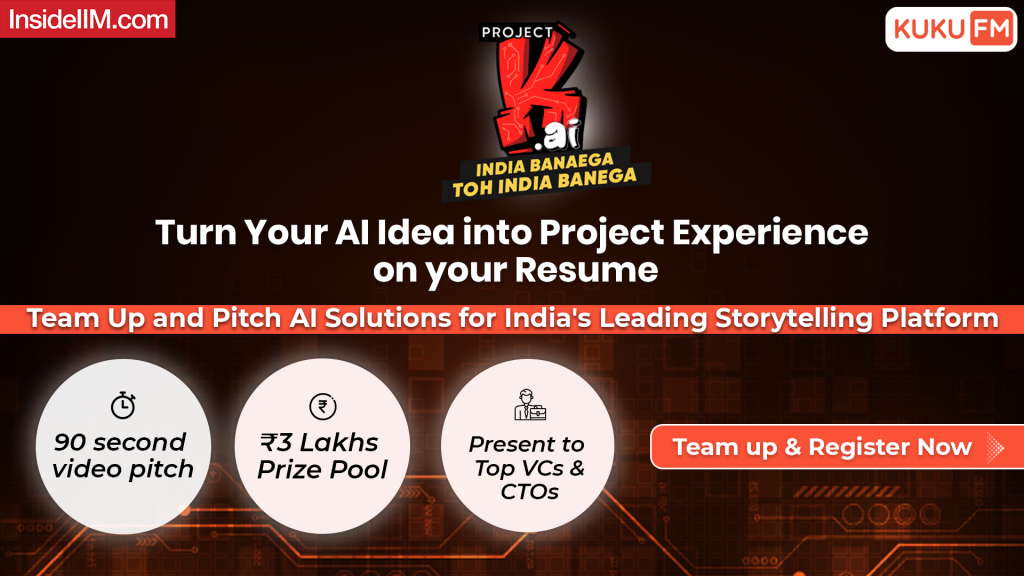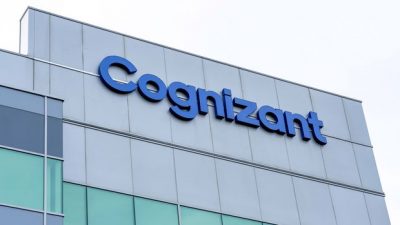Sudhanshu Mishra, a PG-HRM student of MDI Gurgaon from the 2018-20 batch shares about his internship experience with us in a detailed interview. In this interview, he talks about how he prepared for his summer internship interview, how his experience was like, how his days were during his internship and what all did he do differently to bag a PPO. Read on to hear from him! 
Q1 - Tell us in brief about how you prepared for summer placement interviews?
I divided my preparation into 5 challenge areas, namely
- HR Subject matter expertise (Further divided into current and static portions)
- Profile-based questions
- Overall business level knowledge (Again divided into current and static portions)
- Current affairs and GK
- Situational case questions
In order to gain HR subject matter expertise, I divided this area into static knowledge section and current awareness.

For the static knowledge section, it was imperative to have the summary of academic coursework on the tips, which I prepared with the ‘HR compendium’ shared by the seniors.
For covering the current awareness area, I kept myself updated with the help of various online news portals like ‘People Matters’, ‘ET HR World’ and ‘BW People’
For covering profile-based questions, after several rounds of refining my CV and finalizing the content, I prepared for probable questions emerging out of the broad themes like my work experience & achievements etc.
Also, I, along with my friends, used to conduct stress interviews (generally lasting for an hour) amongst ourselves, in a group of 6, and some interviews with the seniors as well. These interviews helped me understand how to communicate in the right manner, by including all the knowledge points while keeping the answer crisp at the same time. I maintained a similar approach while preparing for Group Discussions, as well.
Overall business level knowledge is essential to understand the impact of ideas of the HR domain on the top and bottom line. ‘Economic Times’, ‘Money Control’, and ‘CNBC TV18’ have helped me keep updated and prepared for this section and the section of current affairs as well.
Practice for situational case questions required the understanding of various question frameworks like ROI calculation, & Guesstimates etc., various situation types like M&A & Hiring Freeze etc. and a lot of practice cases. Where the understanding of different business situations came from reading the academic materials like textbooks and case studies etc., I prepared the question frameworks from the website ‘streetofwalls’. In order to practice cases, I solved multiple case studies from the ‘AIHR Analytics’ website.
Q2 - What was the summer internship selection process like for your company?
The process comprised of 3 rounds of interviews.
The first round started with general profile-based questions and ended with several academic questions.
Questions in this round were very straight forward and interviewers were looking for crisp answers.
The second round of the interview was more technical with situational cases. As I had worked on a live project regarding ‘Use cases of blockchain technology in HR’ therefore there were several questions around that as well. There was one specific question, ‘How would you explain blockchain to a 5-year-old’, my answer to which apparently impressed the interviewer. Interviewers were more pressing in this round and they wanted detailed answers.
The third and final round was more generic and focused towards a discussion on the current and business affairs.
Q3 - What are the reasons you think you cracked the interview?
Apart from the sound knowledge bank, which is moreover a necessity, I believe my preparation for situational cases, the ability to connect theoretical knowledge of the HR domain with real business scenarios and the understanding of usage & impact of technology on the business, were the main reasons.
Q4 - Tell us about your day to day work as an intern
To answer this question, I would divide my internship period into 4 phases/quarters, as the daily routine varied basis the respective phase of internship. Though there were some overlaps among the phases the schedule was largely as follows.
I had two projects and I synchronized my work on both the projects for efficiency. Also, all the days usually started with status update presentations with my mentors, to always keep my mentors on the same page.
Phase 1 (first quarter) – Internal Research
During this phase, I was conducting internal research to understand problems at hand. The work here largely comprised of data collection through structured employee interviews and focus group discussions.
Phase 2 (second quarter) – Data Analysis
The work here largely required the usage of data analytics to quantify the impact at hand and identify specific issues at the levels of employees, units, and business.
Phase 3 (third quarter) – Market Benchmarking
Here, I took help from my college peer group, intern peer group, alums, and other organizational connections, to find market best solutions for the existing problems.
Phase 4 (Last quarter) – Recommendations
This phase comprised of a lot of brainstorming for idea generation, customizing those ideas basis Cognizant’s size and resource constraints and charting out short- and long-term implementation roadmaps.
Q5 - What did you do right to achieve the PPO?
To start with, I had a genuine bent towards problem-solving for the organization, which made me appear more sincere and diligent. In order to provide the best solution to the business I knew I needed to take care of all the stakeholders and not only the HR department. So, I kept my research as structured and extensive as possible in order to get various inputs from across the business. An example of the same could be that my market benchmarking data had comparisons of 30+ organizations from all the major industries across various revenue and employee segments and my internal research data had 100+ employee interviews.
Also, I knew the project needed to be analytically bent and incorporate actual business numbers in order to make sense for the business leaders, for which I used various Data Analytics measures.
I always wanted to drive my internship and be proactive about it, for example, I never waited for my mentors to decide on the next step instead I always chose to present multiple ideas to proceed further. Additionally, I realized it was essential for me and my mentors to always be on the same page therefore I proactively sought and incorporated their feedback into the project.
Lastly, I wanted to deliver more than promised therefore I always provided add on solutions in the presentations and prepared for all possible questions beforehand.
Q6 - What are the most cherishable moments of your internship?
It was the intern peer group and my colleagues at Cognizant, who gave me innumerable moments to cherish always. We made several trips in and around Chennai, especially to Pondicherry.
The work environment was very flexible and the senior leadership was very humble & helpful, I can still recall various lunch sessions with senior leaders where I could directly trouble them with the problems I was facing on my projects and come back with brilliant solutions.




